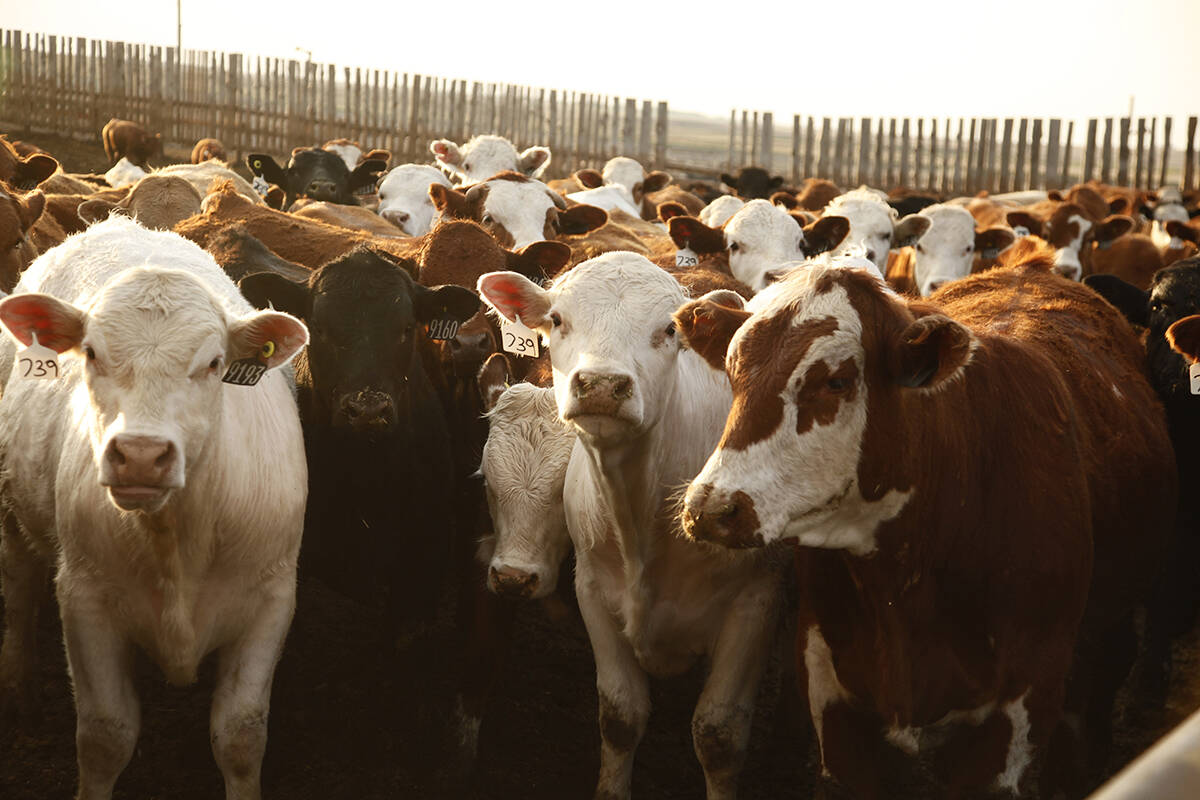WINNIPEG — Being a farm leader is about having a vision for the future.
As president and vice-president of the Canadian Cattlemen’s Association, Dave Solverson and Dan Darling believe their job is to keep the vision strong and family farms prosperous.
“A lot of what the CCA does is for the future. As an organization we have to react when a crisis comes but generally our policies are set for the long term,” president Solverson, who ranches near Camrose, said in an interview during the CCA semi annual meeting in Winnipeg Aug. 11-14.
Read Also

Canada’s simplified BSE testing program shows good uptake
Going by the number of submitted material samples so far, cattle producers’ response so far to an updated national surveillance program for BSE is encouraging for Canada’s CFIA.
Prices are record high and optimism has returned to an industry beaten down by BSE, droughts, floods and ongoing trade issues.
Trade deals inked with the European Union and the potential to do more business in Asia through the Trans-Pacific Partnership could be the culmination of goals the two hope to accomplish in their tenure.
“These markets are for the future and to keep the cattle prices up,” said vice-president Darling, who farms near Castleton, Ont.
However both agreed previous presidents laid the groundwork for the beef industry’s success.
Both men tend to speak their minds but they have also learned to be politically cautious. They represent only the beef industry’s interests and do not speak against others, such as the supply managed dairy sector when trying to get a trade deal signed.
“We are not going to get drawn into this one-off stuff,” said Darling.
“We are there to get access for our producers and it is up to the government to decide what they are trading off. It is not up to us. We are not speaking against supply management in any way, shape or form, especially given the fact that dairy cull cows turn into beef. When we are working for access we are actually working for them as well.”
For Solverson, the greatest concern if the government changes is tax reform. Many operations are small corporations set up to keep the family unit intact. A new tax structure could have a major impact at a time when cattle prices along with other commodities are strong and agriculture is becoming a prosperous sector.
“I am optimistic the prices will stay up and the demand will stay up and we are in for a new norm,” said Darling.















